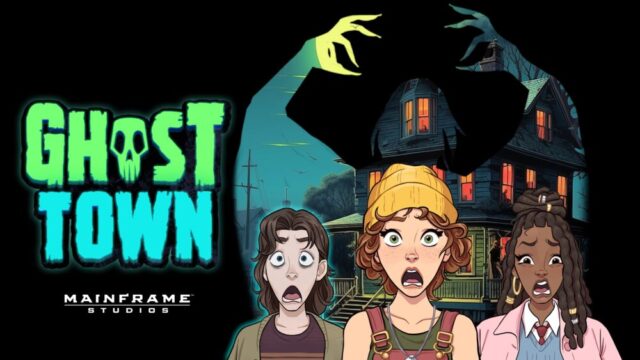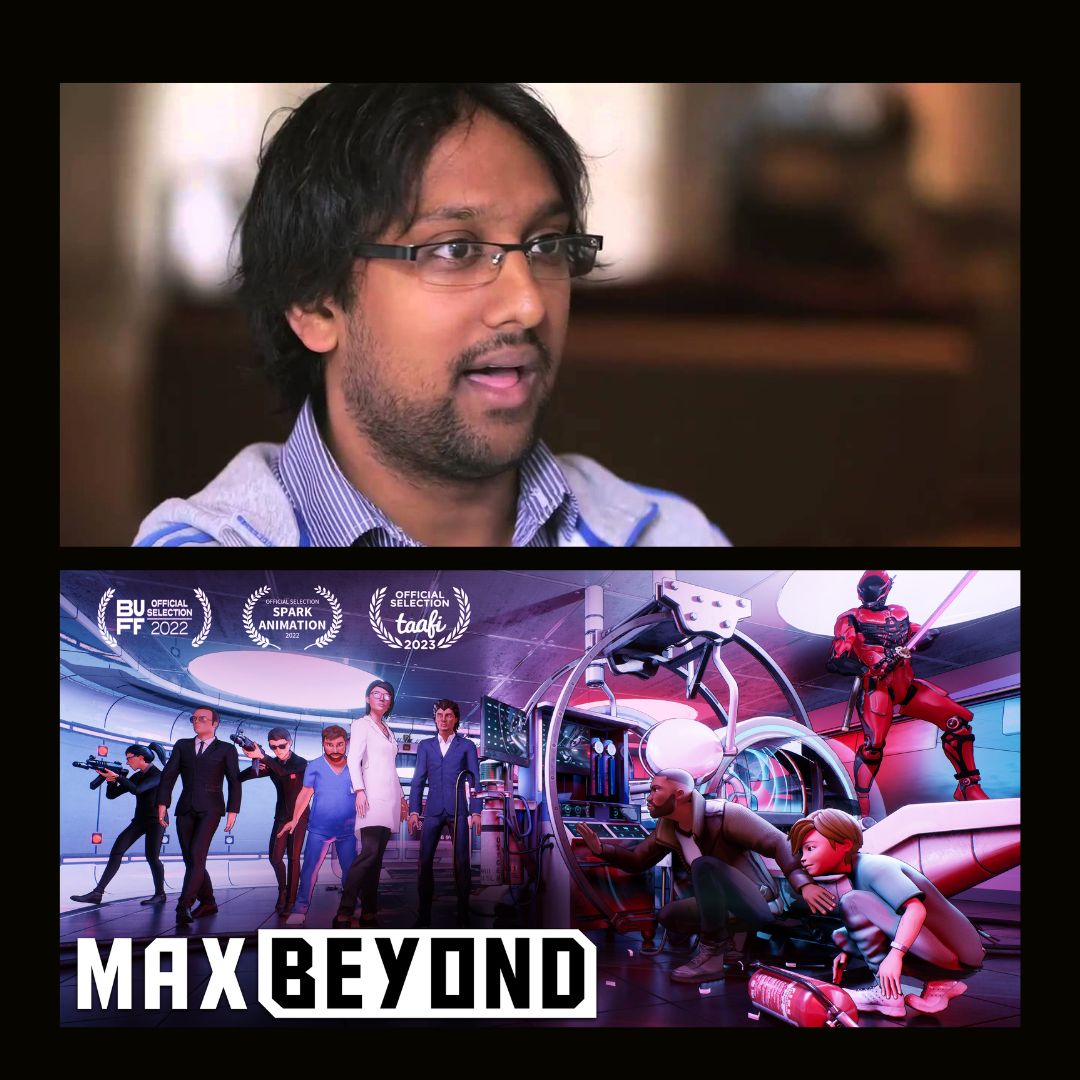Advance Review: The Problem with Apu
When you make a documentary, you have to put a journalism hat on. When you’re a comedian trying to make a documentary, it can be VERY tricky to understand the conventions that allow you to do both.
In The Problem with Apu, Hari Kondabolu asks a challenging question. Is the beloved character from The Simpsons known as Apu Nahasapeemapetilon a racist depiction of a South Asian immigrant? I have an opinion on that, and you’re gonna hear about it in another article. But for now, I want to take a look at The Problem with Apu at face value and inform you whether or not it’s an entertaining 50 minutes.
And I’m happy to say it is. As mentioned, the film is produced and stars Hari Kondabolu, a comedian with more of a political commentary flavor to his act who travels all over the world with an ax to grind against the depiction of Apu in The Simpsons. Hari notes that he, along with a sample of well-known South Asian actors and actresses like Aziz Ansari, Aasif Mandvi, Kal Penn, and more, have more or less been tortured by comparisons to the famed character and are possibly even more annoyed by the fact that Apu is voiced by longtime “man of a 1000 voices” Hank Azaria.
At its core, the movie can’t be taken seriously as a serious journalistic endeavor, mainly because a lot of the inspiration for the movie comes from hearsay noting LOTS of people have shared similar complaints with Hari Kondabolu but with no real verifiable data to back it up and a lot of times offers up contradictory insight to the message he’s trying to get across. For example, for expertise on The Simpsons, Hari makes the mistake of the first chapter of journalism 101 by not checking his sources and instead features literal douchetard John Ortved who wrote the book The Simpsons: An Uncensored, Unauthorized History, a book that ironically has a lot of the same issues as The Problem with Apu, initial chapters with fun insight that then leads to the final chapters being about how The Simpsons isn’t funny anymore which is actually how Hari ends his movie-with an opinion-which is really what this whole movie is. Even more ironic is that the film kicks off with Hari giving a glowing review of The Simpsons. So which is it, Hari? Do you like The Simpsons or not?
If you’re gonna make a movie or a book on an opinion, that’s fine, we live in a free country and you’re allowed to broadcast your opinions as such. But, at the end of the day, The Problem with Apu is like reading a clickbait article on the subject. You click on a link to an article you hope to find valid insight and opinion on a subject matter, but with no real data and just other peoples’ opinions to back it up, the author of the movie really just picks a side of the growing “PC culture” that is slowly eroding at the seams of American pop culture, and makes a movie that would adhere to that audience, one that fears free speech but doesn’t actually do anything to change anyone’s mind, just instead filing a complaint.
In fact, I think my favorite part of this movie is when Hari interviews his parents. Hari’s mother, to kick off her conversation with her own son, notes that he bears a resemblance to Apu and right away Hari gets a bit defensive. And that’s a lot of what The Problem with Apu is, a small sampling of people expressing their distaste of which a South Asian character in The Simpsons is portrayed. Okay fine. But, then to claim that the producers of the show or voices for the show are racists is a stretch and Hari does a lot of finger pointing but with not a lot of substance to justify his claims. If anything, the doc feels more like a long-winded bit of The Daily Show than a real magnifying glass on racism in pop culture.


























Hi Ashley, thank you so much for reading and we love the feedback. Note that on that day we had 14th posts go up and only ten posts show on the front page, so it's possible the preview had already been archived by the time you got to it. One recommendation would be to add our RSS feed to your favorite news aggregator service like Feedly, this way you get all of the latest posts!